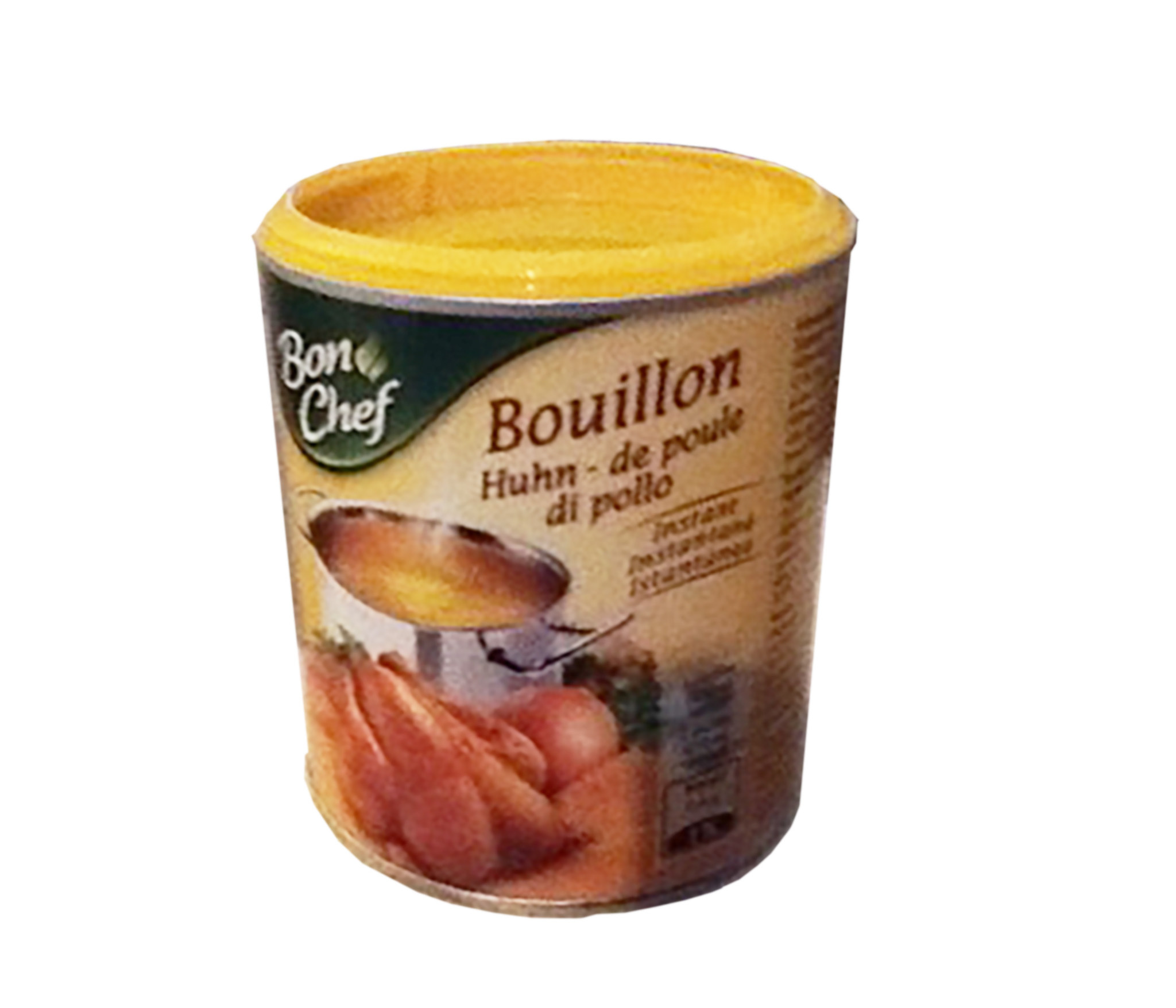Bouillon de poule Bon Chef - Migros - 250 ml
This product page is not complete. You can help to complete it by editing it and adding more data from the photos we have, or by taking more photos using the app for Android or iPhone/iPad. Thank you!
×
Barcode: 7610121200130 (EAN / EAN-13)
Common name: Bouillon de poule
Quantity: 250 ml
Packaging: Box
Brands: Migros, Haco, Bon Chef
Categories: Condiments, Groceries
Origin of ingredients: Switzerland
Manufacturing or processing places: Haco AG Heil-Nähr- & Genussmittel Worbstrasse 262 3073 Gümligen BE Suisse, Suisse
Link to the product page on the official site of the producer: http:// Www.migros.ch
Stores: Migros
Countries where sold: Switzerland
Matching with your preferences
Health
Ingredients
Food processing
Additives
Ingredients analysis
Nutrition
Environment
Packaging
Transportation
Report a problem
Data sources
Product added on by openfoodfacts-contributors
Last edit of product page on by packbot.
Product page also edited by emerycm, pouche72, tacinte.






